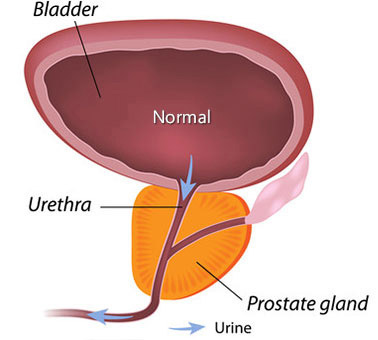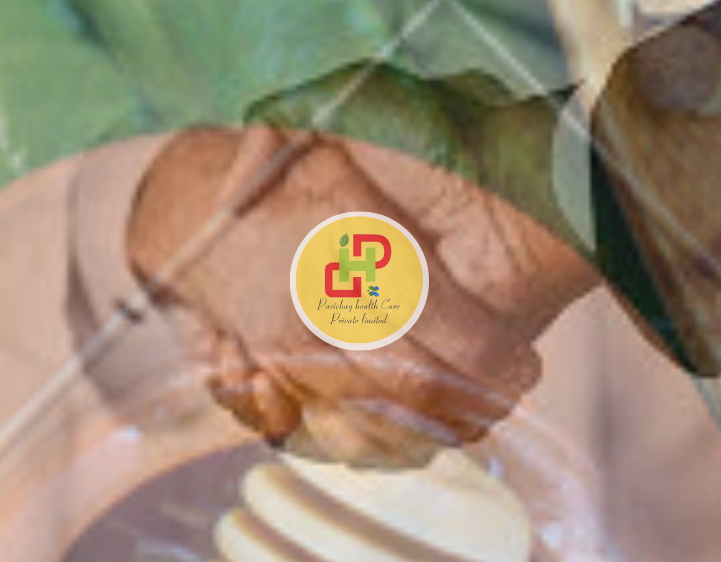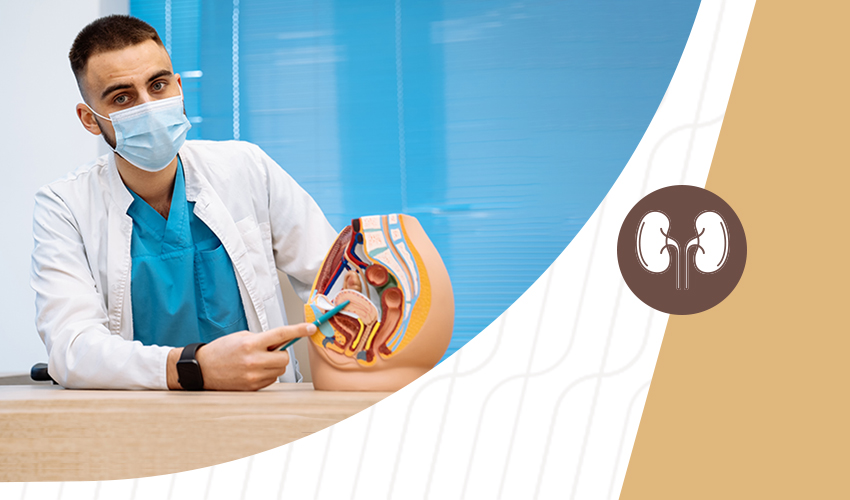Ayurvedic Medicine For Prostate Health, the conventional Indian arrangement of medication, offers different ways to deal with help prostate wellbeing. The body’s doshas (vital energies) are usually balanced, digestion is improved, and inflammation is reduced.
Here are some Ayurvedic cures and practices that might uphold prostate well-being:
Herbs: – Saw Palmetto: This herb is well-known for its ability to support prostate health and control BPH symptoms. – Ashwagandha: This adaptogenic herb aids in stress and inflammation reduction, which may be advantageous for prostate health as a whole. – Shatavari: Shatavari is frequently used to support the prostate and other reproductive organs. – Turmeric has curcumin, an anti-inflammatory compound that may be beneficial to prostate health. – Ginger is well-known for its antioxidant and anti-inflammatory properties.
Diet: – Adjusted Diet: Consolidate an eating routine rich in vegetables, organic products, entire grains, and sound fats. Food varieties high in cell reinforcements, like berries and mixed greens, might be valuable. – Hydration: Drink a lot of water to help urinary well-being and detoxification.
Way of life Practices: – Regular Exercise: Maintaining a healthy weight and reducing inflammation are two benefits of regular exercise. – Stress Management: Stress management techniques such as yoga, meditation, and deep breathing may improve prostate health.
Detoxification: – Cleaning: Ayurvedic detoxification methods like Panchakarma can support prostate health and aid in the removal of toxins from the body.
Dietary Additives: – Pumpkin seeds contain a lot of zinc, which is important for the health of the prostate. – Omega-3 fatty acids and lignans found in flaxseeds may be beneficial to prostate health.

Certainly! Here are some additional Ayurvedic insights and practices for supporting prostate health:
Ayurvedic Therapies (Ayurvedic Medicine For Prostate Health)
Abhyanga (Oil Massage):
Warm Sesame Oil: Regularly massaging the body with warm sesame oil can help reduce inflammation and improve circulation. Additionally, this practice may enhance overall well-being.
Basti (Enema Therapy):
Herbal Enemas: In Ayurveda, Basti is a therapeutic procedure involving herbal enemas that can help detoxify and balance the body. For prostate health, specific herbal mixtures might be used, but this should be done under professional guidance.
Panchakarma:
Therapeutic Cleansing: Panchakarma is a set of five purification therapies that aim to detoxify the body and restore balance. It includes procedures like Vamana (therapeutic vomiting), Virechana (purgation), and Basti (enema), which can be tailored to address prostate health issues.
Additional Herbal Remedies (Ayurvedic Medicine For Prostate Health)
Gokshura (Tribulus Terrestris):
Known for its potential to support the urinary system and reproductive health, Gokshura can be used to balance the doshas and maintain prostate health.
Kanchanar Guggul:
This Ayurvedic formulation is traditionally used to support the health of the glands, including the prostate. It helps to reduce inflammation and support overall glandular function.
Punarnava (Boerhavia Diffusa):
Used for its diuretic properties, Punarnava helps support kidney function and may aid in maintaining a healthy urinary system, which is closely linked to prostate health.
Brahmi (Bacopa Monnieri):
Known for its calming effects on the mind and body, Brahmi can help reduce stress, which may indirectly support prostate health.

Dietary Adjustments
Avoiding Excess Heat:
Reduce intake of overly spicy, fried, or heavy foods that can increase Pitta dosha (heat) in the body, which might exacerbate prostate issues.
Incorporate Cooling Foods:
Foods such as cucumber, mint, and coconut can help cool the body and reduce inflammation.
Limit Red Meat:
Reduce consumption of red meat and opt for lean proteins, such as legumes and fish, which are easier to digest and less likely to aggravate Pitta.

Lifestyle and Wellness
Routine and Rest:
Maintain a regular daily routine and ensure adequate rest. A balanced lifestyle supports the body’s natural healing processes and overall health.
Mind-Body Practices:
Yoga Asanas: The Bridge Pose (Setu Bandhasana) and the Legs-Up-the-Wall Pose (Viparita Karani) are two examples of specific yoga poses that can help circulate blood to the pelvis and support its health.
Breathing Exercises: Pranayama techniques like Nadi Shodhana (alternate nostril breathing) can help balance the mind and reduce stress.
Herbal Teas:
Drinking herbal teas made from herbs like nettle root or green tea can provide additional support for prostate health(Ayurvedic Medicine For Prostate Health).
Consultation and Personalization
Consult an Ayurvedic Practitioner: For the most effective approach, consult with a qualified Ayurvedic practitioner who can assess your specific constitution (Prakriti), imbalances (Vikriti), and needs. They can devise a treatment strategy specific to your health condition(Ayurvedic Medicine For Prostate Health).
General Tips
Regular Check-ups: Even with Ayurvedic practices, regular medical check-ups are important for monitoring prostate health and addressing any concerns promptly. (Ayurvedic Medicine For Prostate HealthAyurvedic Medicine For Prostate Health)
By integrating these practices and remedies into your routine, you can work towards supporting prostate health from an Ayurvedic perspective (Ayurvedic Medicine For Prostate Health).



